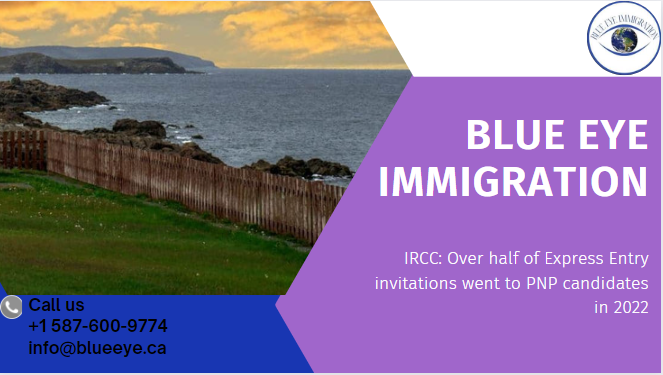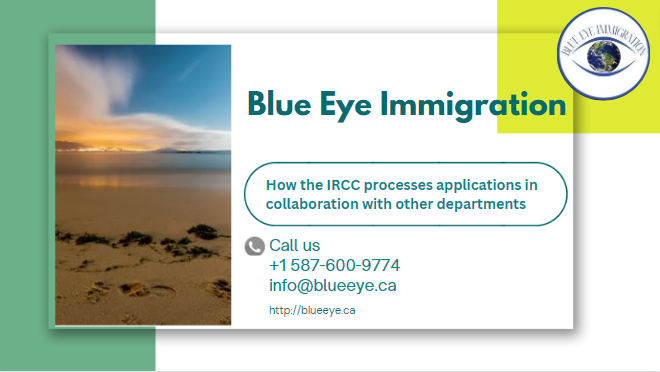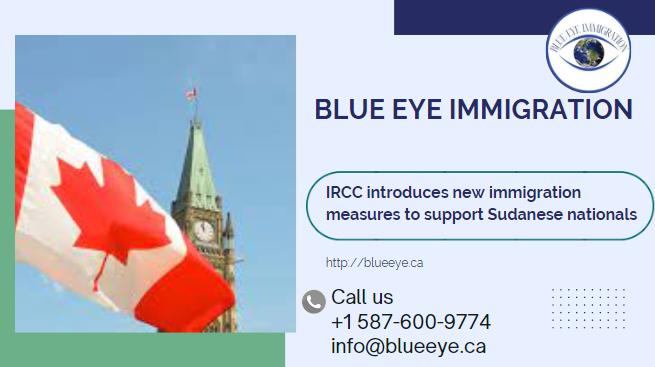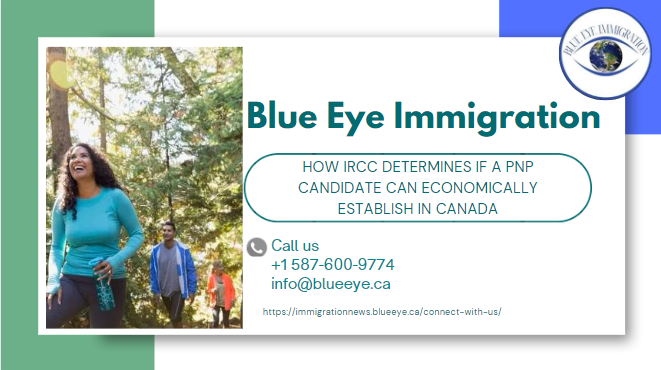Data from Immigration Refugees and Citizenship Canada (IRCC) shows that 19,160 invitations to apply (ITAs) went to candidates in the Provincial Nominee Program (PNP) in 2022.
The total number of ITAs issued was 37,315 meaning 51% of ITAs in 2022 went to PNP candidates. Receiving an ITA means IRCC is considering the candidate as a possible permanent resident, and they may submit their application for final consideration by an IRCC officer.
The new IRCC data sheds more light on enhanced PNP nominations, including the number of ITAs by province, and the Comprehensive Ranking System (CRS) score ranges.
Invitations by CRS score
Most Express Entry candidates (17,905) received an ITA in 2022 if they had a CRS score between 491-600.
The remaining 19,160 candidates with CRS scores higher than 600 were Express Entry candidates with an enhanced provincial nomination.
Enhanced nomination occurs when a province expresses interest in a candidate already in the Express Entry pool because they are most likely to easily integrate into the provincial economy and settle.
It is not possible to score a higher CRS score than 600 without obtaining provincial nomination.
Invitations by program
After the PNP the highest number of candidates were invited from the Canadian Experience Class (CEC). ITAs were given to 12,960 candidates.
IRCC issued 5,200 ITAs to candidates in the Federal Skilled Worker Program (FSWP).
There were no candidates invited from the Federal Skilled Trades Program (FSTP) in 2022.
Candidates in the FSWP require one year of full-time work or equivalent paid work experience over the past ten years in an occupation that falls under National Occupational Skill TEER 0 1, or 2. They also need a validated language ability test that scores the equivalent of at least a Canadian Language Benchmark (CLB) 7 in English or French across all four abilities (reading, writing, listening, and speaking).
Further, FSWP candidates must score at least 67 out of 100 points on the FSWP grid. The grid assesses candidates based on factors that include age, education, work experience, arranged employment, language ability, and adaptability. Lastly, candidates need to meet the settlement funds criteria to prove they have enough savings to support themselves financially in Canada.
Express Entry candidates in the CEC require one year of full-time work experience in Canada, obtained over the previous 36 months and a CLB of 5 for candidates with NOC TEER category 2 or 3 jobs or CLB 7 for NOC TEER category 0 or 1 jobs. Typically, candidates applying for PR through the CEC are already living and working in Canada as temporary residents.
Invitations by province
The number, and type, of ITAs issued in 2022 varied by the province of intended destination.
Ontario was the leading destination in terms of intended province of residence- 17,920 candidates overall. Among them, 8,990 CEC candidates who received an ITA indicated that they intended to settle in the province. This makes Ontario the only province where the number of CEC candidates exceeded the number of those in the PNP who intended to settle.
British Columbia was the second most sought-after destination of choice for Express Entry candidates. There were 4,240 ITAs issued to PNP candidates (out of the total 7,495 for all programs) who planned to settle in the province.
Alberta was the intended destination for 4,655 ITA recipients and Manitoba for 2,195. All other provinces posted fewer than 2,000 ITA recipients each, with Newfoundland and Labrador seeing just 345 ITA recipients and the territories less than 50 each.
Enhanced Nominations by province
Most of the ITAs issued by IRCC went to Express Entry candidates with an enhanced PNP nomination. This does not include Quebec, which selects all its economic immigration candidates regardless of program due to a unique agreement with the federal government.
| Province | Number of Nominations |
|---|---|
| Newfoundland and Labrador | 305 |
| Prince Edward Island | 385 |
| Nova Scotia | 1,620 |
| New Brunswick | 775 |
| Ontario | 5,170 |
| Manitoba | 1,995 |
| Saskatchewan | 1,235 |
| Alberta | 3,385 |
| British Columbia | 4,240 |
| Yukon | 25 |
| Northwest Territories | 15 |
| Total | 19,160 |
PNP allocations increasing
Immigration targets are set to increase following the release of the Immigration Levels Plan 2023-2025 last November. Among the targets, IRCC aims to admit over 105,000 new permanent residents under the PNP in 2023 and up to 117,500 by per year by 2025. This is the highest target of any economic class immigration program, including Express Entry managed programs.
Following a meeting of the Forum for Ministers Responsible for Immigration (FMRI), IRCC has announced a marked increase in PNP allocation spots for provinces. This comes alongside the first-ever multiyear provincial immigration levels plan. The plan will allow the provinces to know how the national PNP allocations will be distributed among the provinces for three years in advance. This information can help provinces plan appropriately for an increase in population due to immigration.
As part of the new plan, Ontario, which welcomed its maximum allocation of 9,750 newcomers under the PNP for 2022, has had a marked increase in allocations for 2023 to 16,500. Ontario is Canada’s most populous province and welcomes over 40% of newcomers to Canada each year. The PNP target for Ontario is set to increase to over 18,000 by 2025.
Other provinces are also benefiting from increased targets. For example, Manitoba PNP allocations for 2023 have increased by 3,175 spaces over 2022. Alberta and Saskatchewan also report significant increases in allocations over the next three years, with Saskatchewan’s PNP going as high as 8,500 spots by 2025 and Alberta going up to 10,849.
Express Entry in 2023
Since January, 37,559 ITAs have been issued to candidates in Express Entry draws. This exceeds the entire total of ITAs issued in 2022.
Between January and mid-March, only two draws were all-program. The remaining draws were program-specific, three for the PNP and one for the FSWP. On March 15, IRCC held the first of three consecutive all-program draws where 7,000 candidates were invited each time and candidates were considered from all programs.
The majority, 21,000, were issued over three consecutive draws between March 15 and March 29.
Immigration Minister Sean Fraser has recently announced that, later this year IRCC will begin holding draws that target Express Entry candidates with specific work experience, language abilities, education, or any attributes that will fill a need in Canada’s economy.



